The daily habits that are making you age faster – and how to fix them
You can’t stop the years, but you can slow their effects. Experts reveal the everyday habits that are making you old before your time.

You can’t stop the years, but you can slow their effects. Experts reveal the everyday habits that are making you old before your time.

It’s not time that’s the real enemy, it’s what we do with it. From slouching on the sofa to sipping too little water, our everyday routines can quietly chip away at our energy, strength and radiance.
The good news? With a few small swaps, you can add years of vitality to your life, with no miracle cream required.
We asked experts and looked at the latest research to reveal the habits most likely to speed up ageing after 50, and the simple tweaks that will help you age better not faster.
Most of us don’t give breathing a second thought – it happens automatically, after all, but as breath coach Charlotte Marsh explains, shallow breathing restricts oxygen flow, weakens your diaphragm and can even affect your bone health.
Try slow nasal breathing that expands your ribcage. Not only will it strengthen your breathing muscles, but it will also give you a steady boost of energy throughout the day.
“Wrap a scarf or dressing gown belt around your ribcage, and practise slow nasal breaths, expanding the band in all directions,” suggests Marsh. “This 360° breathing will strengthen your diaphragm and intercostal muscles, keeping your respiratory system strong and supple.”
We all know that sitting down too much isn’t ideal, but the impact goes deeper than you might think. Personal trainer Emma McCaffrey points to inactivity as one of the biggest accelerators of ageing.
“Sitting for long, unbroken periods contributes to muscle loss, decreased flexibility and poorer circulation, and can even negatively affect mood and cognitive function,” she says.
Scientific reviews show that older adults who spend long periods sitting, even when physically active otherwise, are at significantly greater risk of sarcopenia, meaning muscle mass and strength decline faster than their more-active peers.
McCaffrey suggests setting a reminder to get up every hour, and then adding some movement. It doesn’t need to be a full workout; just a walk around the house or marching in place will help.
“While aiming for 30 minutes of moderate activity most days of the week is crucial, remember that breaking up long periods of sitting is just as vital for healthy, active ageing,” she says.
Feeling a bit foggy? It might not be age, it could be dehydration.
“We often mistake thirst for hunger, or just get busy and forget,” says McCaffrey.
“Chronic dehydration can impact skin elasticity, cognitive function, energy levels and even joint health, all of which contribute to a more ‘aged’ feeling and appearance.”
McCaffrey suggests making hydration a proactive habit. Start the day with a large glass of water and keep a bottle visibly nearby at all times.
If plain water is unappealing, try infusing it with lemon, cucumber or berries. Aim for 6-8 glasses throughout the day.

We’ve all caught ourselves hunched over a phone or laptop, but poor posture does more than give you neck ache. A rounded spine restricts how well your ribs and lungs move, leading to shallow breathing, stiffness and even a dowager’s hump over time.
Marsh says the secret is to “reclaim your space”. Stand tall through the crown of your head, shoulders soft, ribcage stacked over your hips.
“It’s not about standing to attention,” she explains, “but finding natural alignment from the inside out.”
Loneliness doesn’t just affect your mood, it can age you faster. Research shows that feeling isolated raises stress hormones and inflammation, with health risks comparable to smoking 15 cigarettes a day.
As dance teacher Joo-Lee Lewis explains: “When we feel disconnected, our stress levels rise, inflammation increases and we move less, all of which take a toll on our health and energy.
“The good news? Connection, laughter and movement are powerful medicines.”
Join a local group or fitness class, walking group or try volunteering.
“When we support each other, we move more, laugh more and feel younger inside and out,” says Lewis.
Saying “yes” when you want to say “no” might seem harmless, but over time it can take a real toll on the body. Constantly putting others’ needs before your own will keep you in a low-grade stress state, and chronic stress is one of the biggest internal drivers of ageing.
Somatic EFT practitioner Sam Youngz explains: “When we suppress emotion to keep the peace, the body stays in a stress response. Over time, this increases inflammation and cortisol levels, contributing to cellular ageing, skin changes, fatigue and disrupted sleep.”
With constant demands life can be a juggling act sometimes, learn how to say “no” (kindly) to grandchildren, and be kind to yourself in difficult situations.
Practise somatic awareness, tuning in to how your body feels before tension transforms into exhaustion or burnout.
As Youngz says, “Learning to listen to your body’s signals and gently release emotion helps lower hidden stress, balance hormones and support healthier ageing.”

It’s easy to think that sun damage is only a beach-holiday worry but, in fact, everyday UV exposure is a leading cause of visible ageing. Chronic exposure to ultraviolet (UV) radiation accelerates photoageing – the changes in skin structure (wrinkles, sagging, uneven pigmentation, loss of elasticity) that go well beyond what time alone does.
A 4.5-year randomised trial found that daily use of broad-spectrum sunscreen caused the increase in skin ageing to drop by 24%.
Make daily sun protection a non-negotiable. Use a broad-spectrum SPF 30+ on your face, neck and hands, even on cloudy or indoor days (yes, UVA rays penetrate windows).
Snoring, mouth breathing and restless sleep don’t just keep your partner awake, they can quietly speed up ageing.
“When you breathe through your mouth at night, oxygen levels drop and inflammation rises,” explains Marsh. “Over time, that can leave you tired, foggy and more prone to health issues such as sleep apnoea.”
Poor nocturnal breathing disrupts the body’s ability to repair itself, one of the most powerful anti-ageing processes we have.
Practise calm, nasal breathing before bed to help your airways stay open, and your sleep to become deeper and more restorative.
Nasal strips can help, while some people also find gentle mouth tape useful. Marsh recommends MyoTape for beginners, as it encourages lip seal without blocking airflow.
She also suggests wearing it during the day to get used to the unusual feeling of having your mouth taped shut.
Not all stress is bad, in fact, some of it can help you age better. Short bursts of challenging activity, known as hormetic stressors, trigger the body’s repair and defence systems, making you stronger and more resilient over time.
“Simple, manageable challenges to the body, like exercise, heat or cold exposure, or eating a colourful, plant-rich diet, actually boost longevity,” explains Knight. “They encourage your cells to strengthen their antioxidant defences and repair systems. Think of them as mini workouts for your cells.”
End your shower with 10 seconds of cold water, take brisk walks, or try gentle fasting if it suits your health.
If you’re feeling really brave, you could take up cold-water swimming. Even small challenges, done regularly, can train your body to adapt, recover and thrive.

A few creaks and twinges are inevitable with age, but letting them stop you moving is one of the quickest ways to age faster.
“Many people over 50 think that aches and pains are a signal to rest more,” says personal trainer Carly Harvey. “In reality, it’s quite the opposite. The less you move, the stiffer and weaker you become. It’s a classic ‘use it or lose it’ situation.”
Movement keeps joints lubricated, boosts circulation and helps preserve muscle mass, which naturally declines with age (a process known as sarcopenia).
Aim for around 8,000 steps a day, add simple beginners’ strength work like chair squats or bicep curls with tins, and start each morning with a gentle stretch routine.
As Harvey says, “You don’t need to lift heavy, you just need to keep moving.”
It’s not just your waistline that suffers when you overdo the sweet stuff. Diets high in sugar and processed foods speed up a process called glycation, when sugar molecules bind to proteins like collagen and elastin, causing stiffness, wrinkles and inflammation.
Studies show that a high-glycaemic diet accelerates skin ageing and increases oxidative stress, while ultra-processed foods are linked to chronic inflammation and metabolic disease.
Fix it: Swap biscuits for fruit, nuts or yogurt, choose antioxidant-rich foods like berries, olive oil and leafy greens, and aim to keep ultra-processed food as the occasional treat, not the daily norm.
Knight says it’s not about cutting everything out but making better choices.
“Add fermented foods like yogurt, kefir, sauerkraut or kombucha instead of alcohol,” she advises. “Small servings can help rebalance gut bacteria, which play a growing role in healthy ageing.”
Falling into the same loop of TV, scrolling or puzzles might feel comforting, but too much repetition can quietly dull the brain. Studies show that novelty – learning new skills, travelling, making music – keeps your brain’s 'wiring' active, and helps preserve memory and flexibility well into later life.
Challenge your brain with small doses of something new, such as a language app, different daily puzzles, a cooking class or even a new walking route. These mini adventures keep neurons firing and may even help build new brain connections over time.
Lewis says variety is key: “My advice is to sample different activities until you find something that feels like fun. Unless you try, you don’t know.”
Your gut has more influence on ageing than you might think. When stress, alcohol or a poor diet throw your gut bacteria out of balance, inflammation rises, and that accelerates everything from fatigue to skin ageing.
A study found that older adults whose gut microbiome showed a particular pattern of diversity and uniqueness had better physical and cognitive health outcomes, along with lower rates of age-related decline.
Feed your gut the good stuff. Add fermented foods like yogurt, kefir or sauerkraut, and eat a rainbow of plants to keep your microbiome thriving and your body ageing more gracefully.
(Hero image credit: Getty Images)
Jayne cut her online journalism teeth 24 years ago in an era when a dialling tone and slow page load were standard. During this time, she’s written about a variety of subjects and is just at home road-testing TVs as she is interviewing TV stars.
A diverse career has seen Jayne launch websites for popular magazines, collaborate with top brands, write regularly for major publications including Woman&Home, Yahoo! and The Daily Telegraph, create a podcast, and also write a tech column for Women’s Own.

Your chance to win a 14-day tour around the Rockies and Vancouver for two, worth more than £8,800.
T&C’s apply.

Get 3 months free, plus a £125 Totally Rewards Wellness Gift Card when you start a new policy by the end of 19 February 2026. T&Cs apply.
Underwritten by Bupa Insurance Limited.
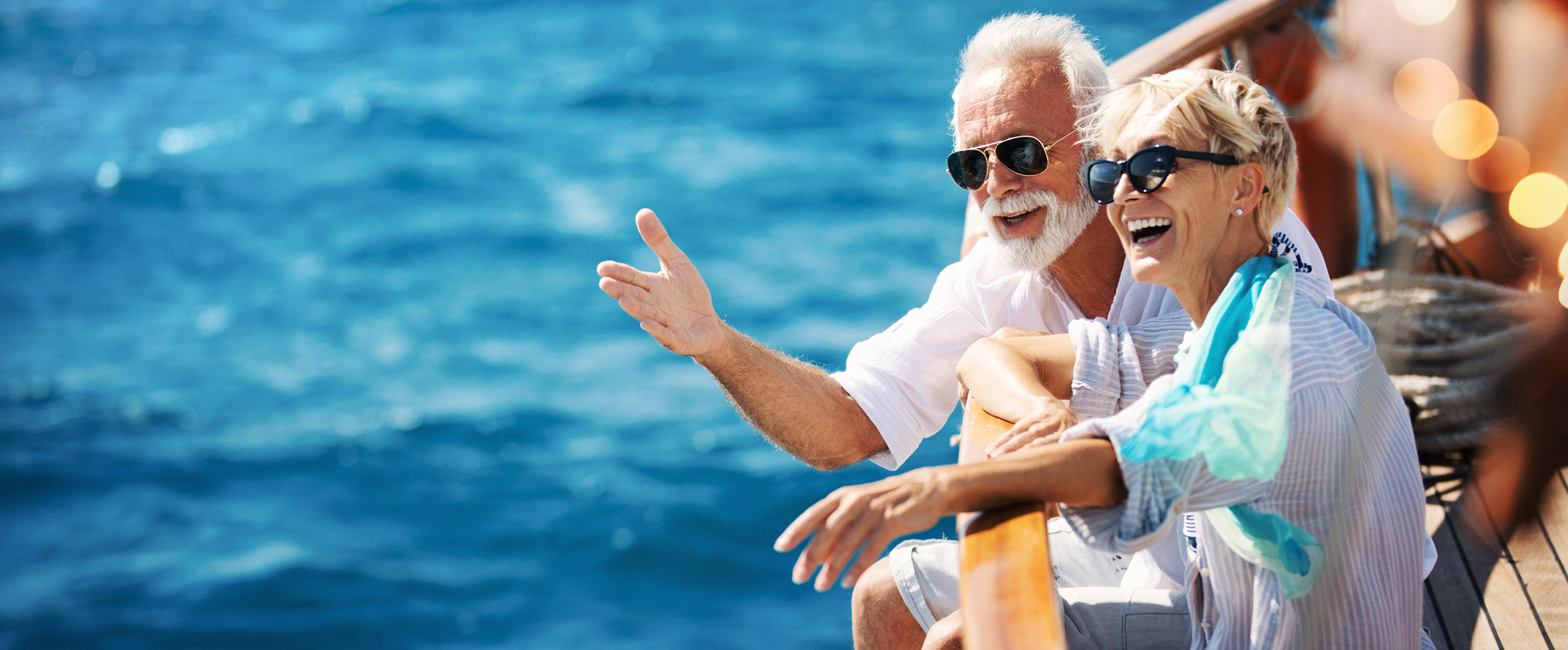
Are you retiring at the wrong age? The best age to retire for your body, brain, happiness and pocket.
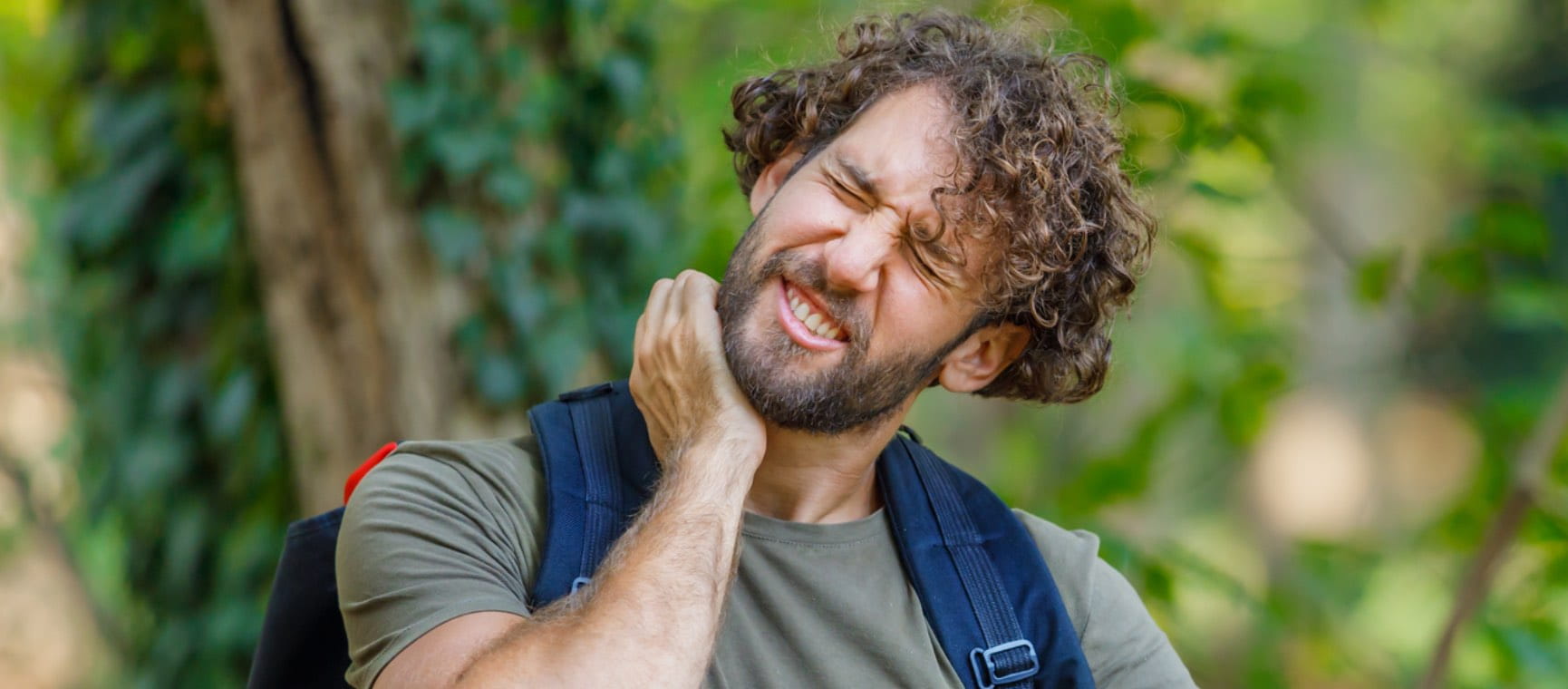

Everything you need to know about the lung infection, and how you could be ill with “walking” pneumonia without realising it.
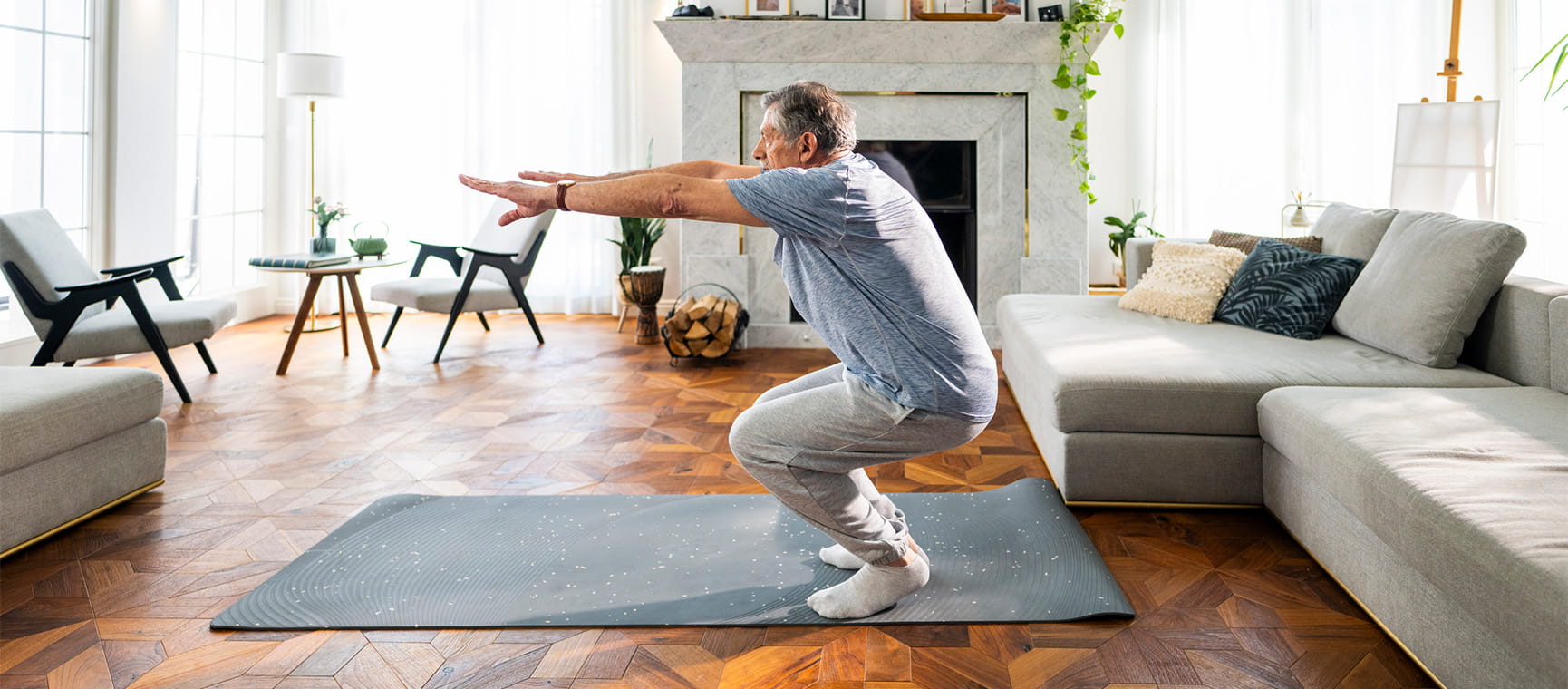
Strong calves for a strong mind: how they support our circulation and brain health, with easy moves to strengthen yours at home.


Our GP Dr Mark Porter explains what can cause itchy skin, which is a common problem as we get older.

Worried you’ve morphed into Victor Meldrew? Find out how to battle that bad mood, and what to do if you’re stuck with a grouchy loved one.

The benefits of heat and cold therapy, and how Nordic bathing won over our nervous writer.

Here’s how to spot the symptoms of heat disease and reduce your danger.
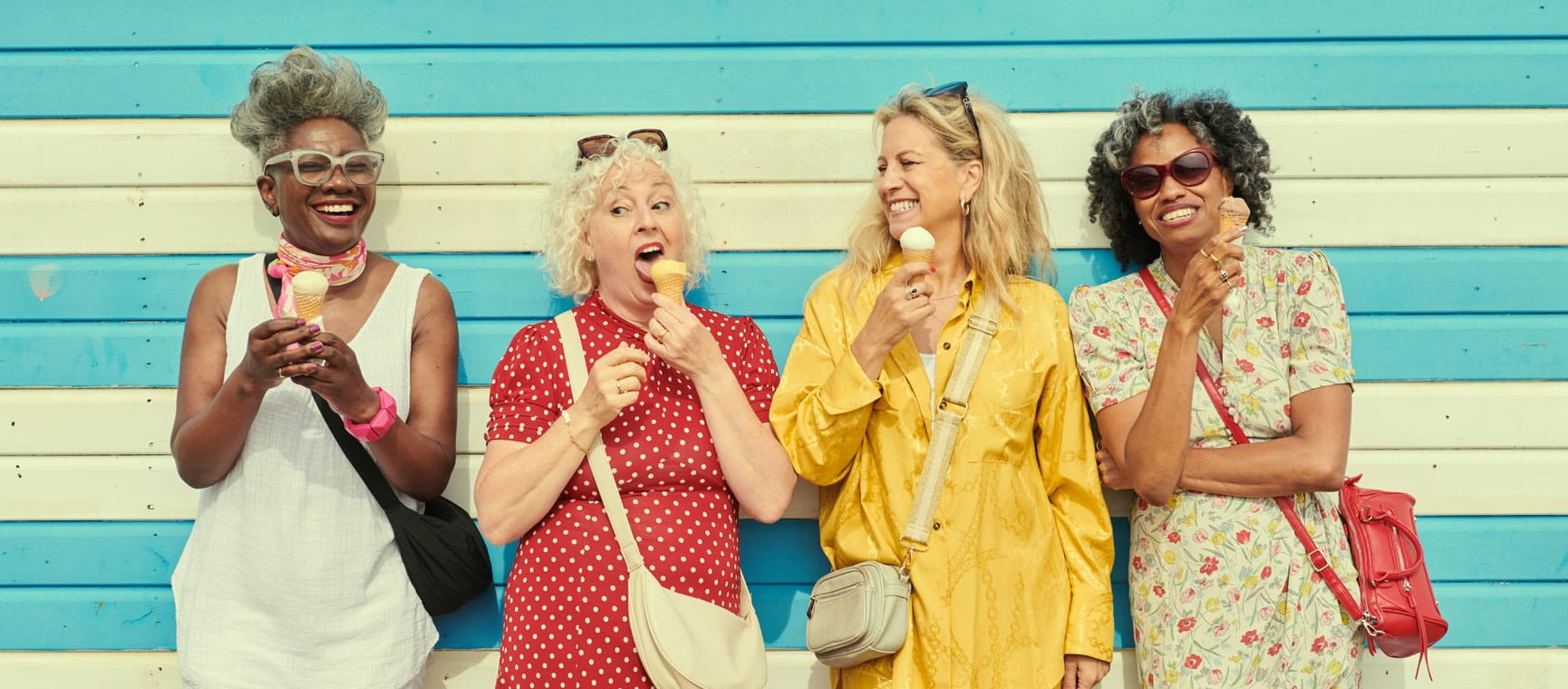
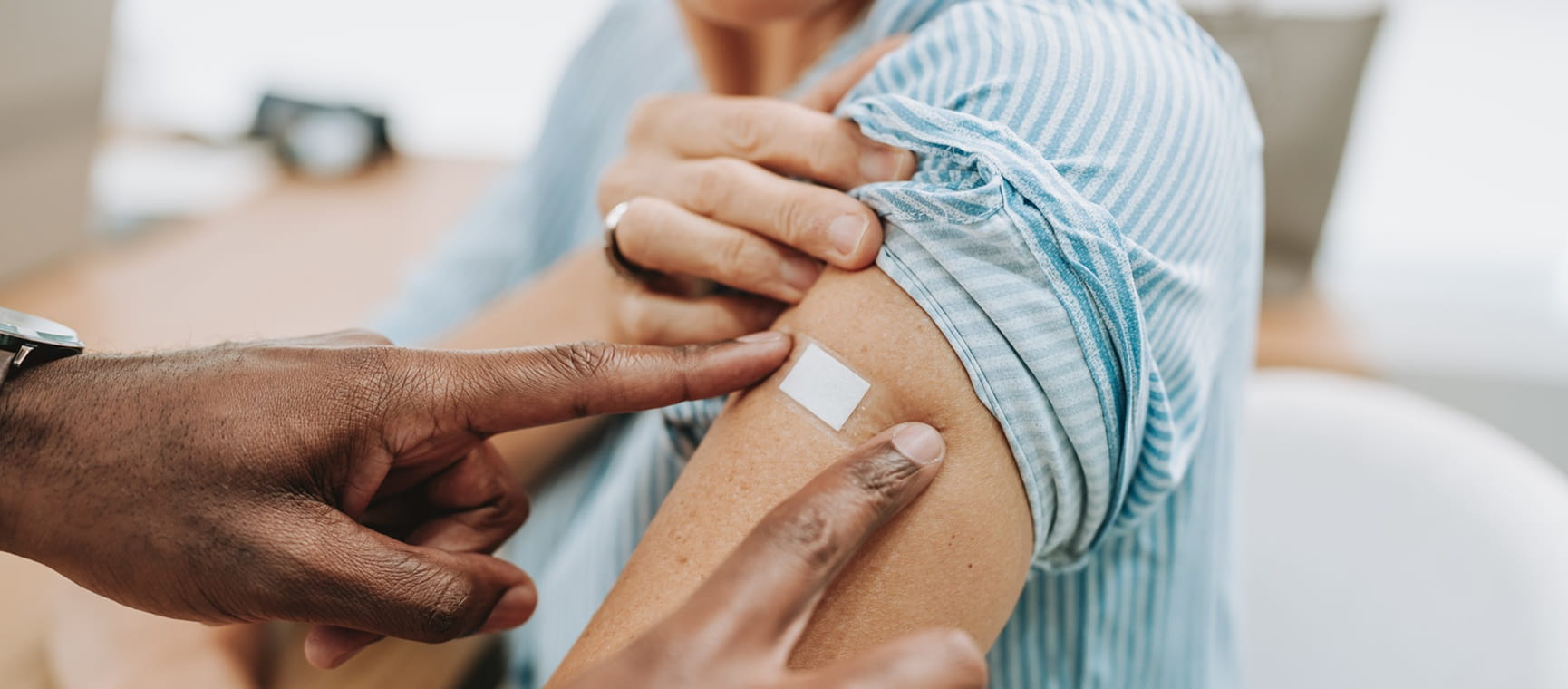
The NHS winter vaccination campaign kicks off next week. Here’s the lowdown on what you need to book.

Pilates for back pain – what to do if you are suffering, and five gentle exercises that could help.
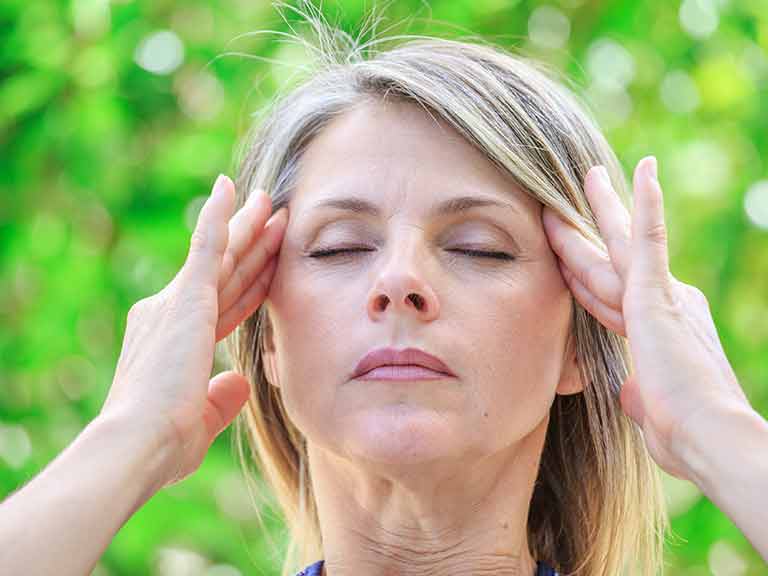
Dizziness or vertigo: a sensation of spinning, can stop us doing everyday things for fear of falling. Try these tips to stop feeling dizzy


You don’t have to put up with bladder leaks. We try out the latest pelvic floor gadgets for men and women.
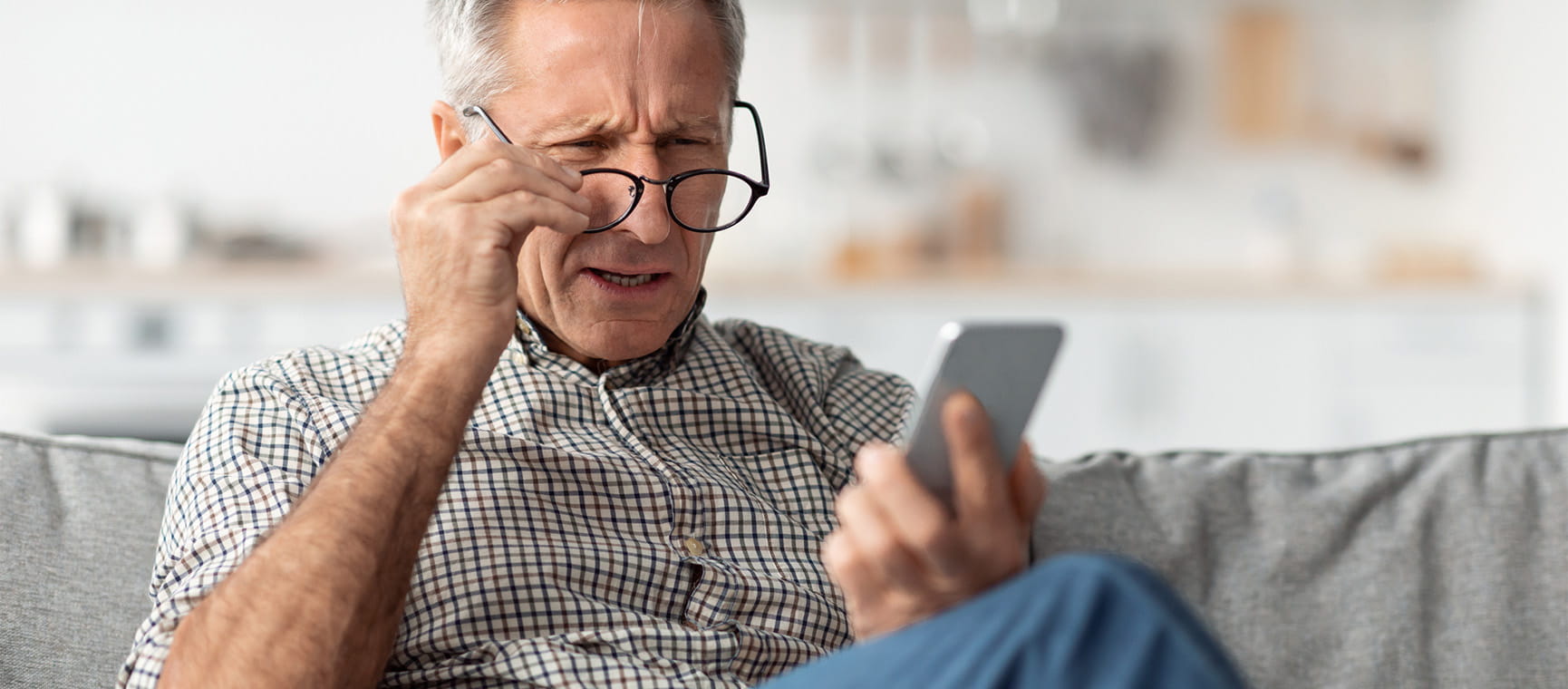
Cataracts are a normal part of ageing. Learn how to spot the signs – and when it’s time to consider surgery.